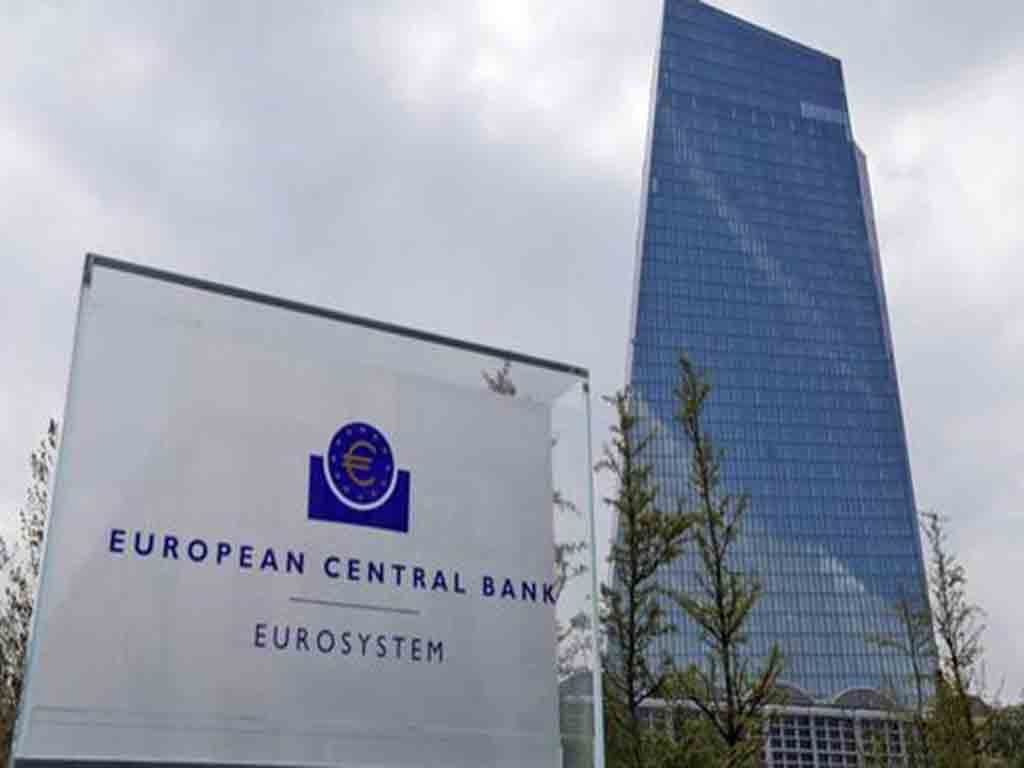During a conference at the World Economic Forum in Davos, the leader of Europe’s main financial authority warned that prices are still too high, despite the decline experienced in recent months.
The media coverage highlighted in its headlines how the main figures fell, “but we look at the entire composition of inflation, from headline to core, through fixed, and whichever way you look at it, inflation is too high.” she added.
Therefore, the ECB will maintain its determination to bring inflation to the two percent target and to do so, it will take “all necessary measures,” she insisted.
She recalled that interest rates have already been increased by 250 basis points, and assured that they will maintain this course “until we have entered restrictive territory long enough to return inflation to that percentage.”
Later, Lagarde tried to allay fears of a possible recession in Europe. “The rhetoric went from a possible recession in the third and fourth quarters (of 2022), to a recession in the fourth quarter (of 2022) and the first of 2023,” she said.
She added that there is now talk of a small contraction, and there are even European leaders pointing out that there will be no such recession.”
However, the latest economic data published at European level clearly reflected an activity that decreases compared to an excellent 2022, where growth was 3.4 percent, to projections for 2023 that are 0.5 percent, she acknowledged.
During the debate in Davos, the European Commissioner for Trade, Valdis Dombrovskis, said that the way to boost growth in Europe is to implement strong fiscal policies and reduce deficits.
“At a time when the star is the economic reactivation plans, it must be taken into account that 70 percent of the measures are approved without knowing exactly what their destination is,” he warned.
For his part, the Dutch Prime Minister, Mark Rutte, focused on aid for the lowest incomes, which cannot be maintained in the long term because the funds are going to “subsidize the energy of the most disadvantaged families” and are left to invest in education or innovation.
ef/ro/att










